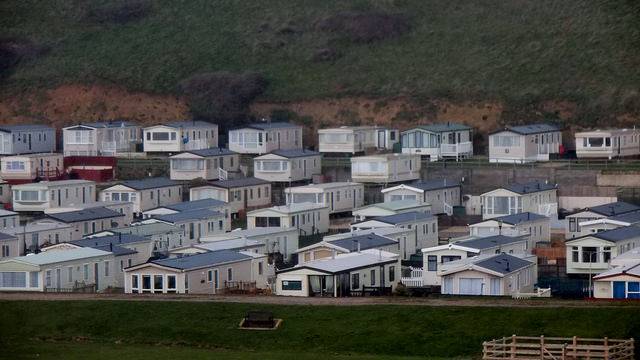
Investing in real estate during a recession is more common than you think. With the right strategies for the right market conditions, your investments can be successful in virtually any market if you know how to play the game.
Outside of a recession, the success of most real estate investments depends on a strong economy with loose capital markets. As long as the economy is thriving, standard investment strategies will be sufficient. However, during times of uncertainty, market conditions are far less predictable and it’s crucial to adjust your investment strategy.
If you feel like the economy is headed for a recession due to the coronavirus pandemic (as some experts predict), you don’t need to take a break from investing – you just need a different strategy.
Start investing in recession-resistant real estate assets
Unlike traditional real estate assets that rely on positive market conditions, recession-resistant assets perform well during economic downturns. These assets include, but aren’t limited to:
- Mobile home parks
- Shopping centers with a central grocery store
- Self-storage facilities
- Performing real estate notes
These assets are considered recession-resistant because they generally perform well during a recession. They perform well because the demand for these services is either unaffected or increased during a recession. For example, during a recession, many people will downsize their homes and store their belongings in a storage unit.
Likewise, the demand for groceries will remain and may even rise during a recession. Although recessions are financially detrimental to most people, they will free up their cash for necessities by cutting all frivolous spending. Groceries will always be at the top of the list.
Claim up to $26,000 per W2 Employee
- Billions of dollars in funding available
- Funds are available to U.S. Businesses NOW
- This is not a loan. These tax credits do not need to be repaid
When people shop at the grocery store, other stores in the complex are also likely to do well. Especially when those businesses provide services like filtered water, camping supplies, hardware, and even takeout food.
Start looking for recession-resistant investment opportunities
If you’re ready to start looking for recession-resistant investments, you can search traditionally or you can find leverage by joining lists and groups that deliver opportunities to you. It’s a good idea to use both strategies for the biggest advantage.
To get notified about profitable investment opportunities, consider joining the Estateinvesting.com community of buyers and sellers. By joining a group of direct buyers and sellers, you’ll have the advantage to grab recession-resistant opportunities as they arise.
Invest in a mobile home park
Mobile home parks aren’t an investor’s first choice. However, a mobile home park is an excellent recession-resistant asset mainly because tenants are more likely to pay rent on time and the turnover rate is low.
Most mobile home tenants are retired and on a fixed income. Rent is virtually guaranteed to be paid on time and in full. Unlike younger tenants who might lose their job during a recession, older folks on social security or SSI won’t have a problem paying rent.
Data collected by Forbes and published in the College Investor’s guide to mobile home park investing revealed that 75% of mobile home owners expect to stay in their homes for five years or more. Once parked, few will move their homes due to the high cost of moving (between $5,000-$7,000).
Compared to the 60% turnover rate for apartments, it’s clear that mobile home parks are a profitable investment with far less to worry about.
Don’t allow fear and panic to direct your decisions
Many real estate investors who experienced the 2008 recession are fearful of another recession. Fearing a recession makes sense when all of your real estate assets depend on a thriving economy. However, once you start acquiring recession-resistant assets, you’ll thrive during a recession.
The key is to make sound, rational decisions rooted in logic rather than fear. If you feel a recession around the corner, don’t sell your properties in a panic. It could be wise to sell a property and reinvest that money into a recession-resistant asset, but don’t sell a good asset unless you’ve thought it through or you absolutely need to sell to buy your first recession-resistant asset.
No recession? No problem
Adding recession-resistant assets to your portfolio is no longer an option for serious investors. However, you might be wondering what happens if you pursue these investments and the economy regains its strength. The short answer is that you’ll end up with ROI-generating assets either way. Even if the economy doesn’t dive into a recession, your recession-resistant assets will still be profitable now and you’ll be prepared for a potential future recession. It’s a win-win.



